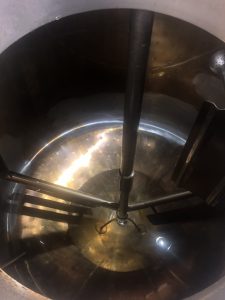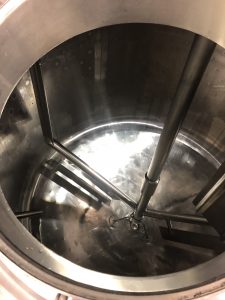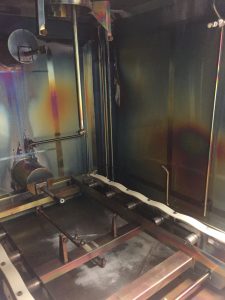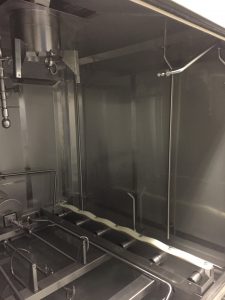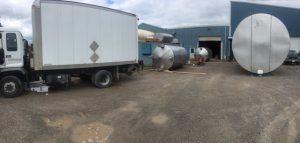Sanitization & Biofilm Removal
Due to various regulatory & industry requirements, bacterial growth in critical environments must meet acceptable levels. Biofilm and bacterial growths are both an on-going issue in industries with high purity water systems. BCS Inc. provides the highest quality of sanitization services. After our passivation process is complete, BCS Inc. uses Hydrogen Peroxide & Peracetic Acid solution. Furthermore, BCS Inc. assists those challenged with biofilm issues or microbial influence corrosion.
BCS Inc. has developed chemical sanitization methods for the following types of equipment and systems:
- Water For Injection Systems
- Purified Water Loop’s
- Process & Product Systems
- Water Pre-treatment Piping
- CIP Piping & Panels
- Tanks & Vessels
- Equipment Cleaning & Disinfection
- Potable Water Line’s
“Recent studies have demonstrated that nearly all high purity piping systems will form biofilms with time. This has proven true even for fluorocarbon piping systems. This biofilm will intermittently shed microorganisms into the water and will contribute to particulate levels, bacteria levels and total organic carbon levels. These contaminants can adversely affect your product; your product yields, your lab results and the service run lengths of your DI water filters.
Normal maintenance of water distribution systems and RO membranes requires routine cleaning and disinfection to prevent bacterial growth. Microbial contaminants commonly found in feed water will decrease the operating efficiency of RO membranes, lower membrane flux and thereby increase the cost of producing high purity water. Fouling microorganisms may actually destroy some RO membranes by promoting decomposition of the membrane polymer. Bacterial growth acceleration, particularly during periods of shutdown, requires a micro biocidal agent to control growth and protect the water system.'”
Passivation is a chemical cleaning process that removes surface and embedded contaminants created from the manufacturing of the stainless steel, or to the alteration of it through welding which super heats the surfaces creating carbon deposits. Proper passivation technologies remove these contaminants and allow the electrochemical process of creating a Chromium Oxide rich surface finish known as the passive layer.
BCS Inc. has developed innovative cleaning technologies using, among others, our proprietary biodegradable, non- flammable acidic based chemicals; BIOPASS® BIOPASS II® and BIOPASS III® which we use when undertaking passivation of stainless steel piping, tanks, equipment and systems. Our chemicals are very unique and innovating, the issues that our competitors bring is that there chemicals are highly corrosive and unlike our BIOPASS® BIOPASS II® and BIOPASS III® their chemicals burn and etch the stainless steel surfaces which can cause serious problems in future circulation. Our chemicals do not etch the surfaces; BIOPASS® BIOPASSII® and BIOPASS III® clean the surfaces and eradicate all free irons.
Registered to ISO 9001-2015; we provide quality documentation and packaging as required for every project. BCS Inc. follows ASTM/A380.A380-13, ASTM A967/A967M-13, ASME BPE 2014, testing and inspection of process piping systems to ASME B31.3. BCS Inc. provides a Preventative Maintenance Program (PMP) Our Quality Control Team perform tests on site to provide the best solution for any passivation needs.
BCS Inc. offers a complete turnkey passivation service enabling system validation to proceed quickly and efficiently. A detailed validated job report is supplied listing chemicals used, quantities, their contact times, temperatures, circulation pressures and pH levels. Upon passivation completion we offer a Ferroxyl test at many areas of the system to insure there are no free irons on the surface of the stainless steel. We supply a Certificate of Completion and a detailed validated procedure, along with bore-scope inspection reports prior to the completion of a passivation.
